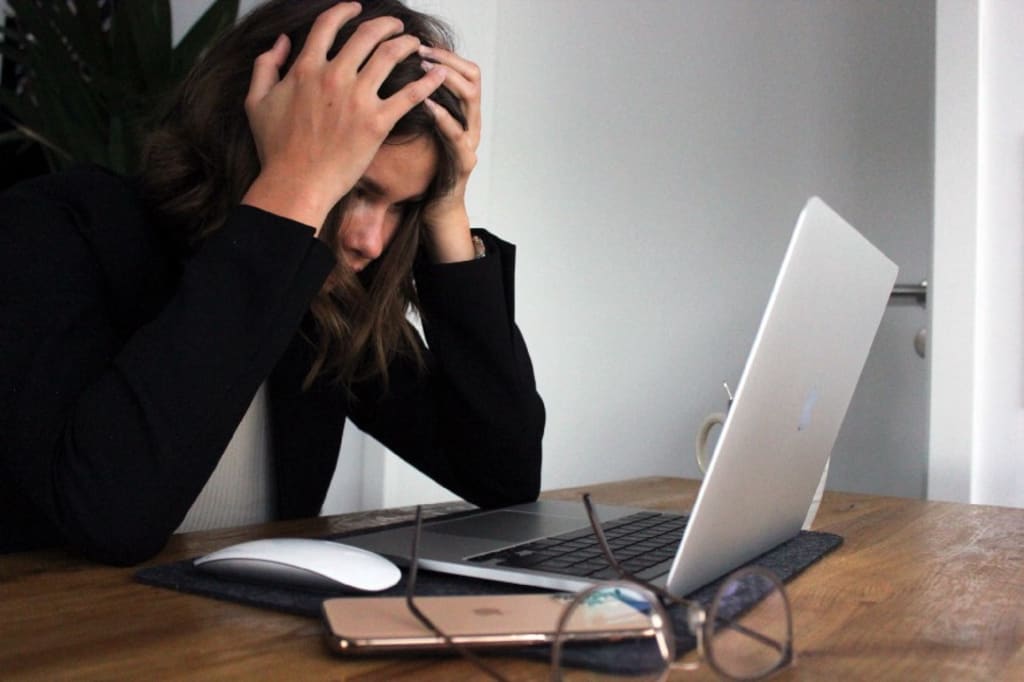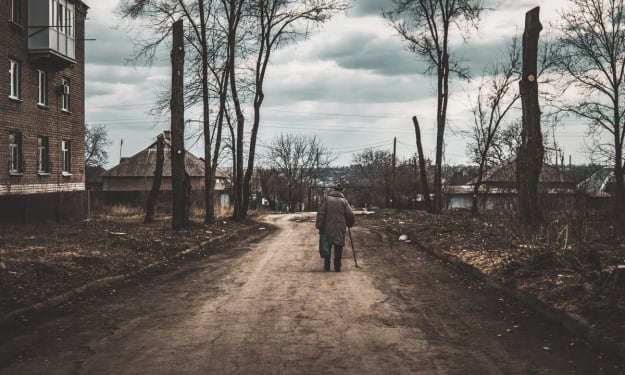Its High Time We Addressed Mental Health Issues Among The Under 30 Generations
There is a mental health "crisis" among the under 30 age cohort and it is time we took note and acted on it.

It would be an understatement to say that the Covid pandemic has had a deleterious impact on our physical as well as psychological well being. Some of us lost our loved ones and most of us have had at least one or more of our relatives, peers, coworkers, or college maters and professional contacts succumb to the virus. This has led to grief and trauma amongst us as the “loss” of our near and dear, coupled with the circumstances in which they left us, made its mark on our mental health. Added to this is the endless restrictions on physical movement, including travel both domestic and foreign, that limited our ability to visit immediate and extended families, as well forced us into “isolation” hampered our innate sense of connection.
Research shows that among other things, what has negative impact on our mental well being most are physical exercise and socializing, both of which were constricted due to the pandemic. Deepening our dependence on technology, an inevitable consequence of the lockdowns and the quarantines, has made us into “zombies” and “junkies” addicted to our Smartphones. Amongst the worst affected are the Millennials and the Gen Zers, who paradoxically, miss human connection, just at the time when their careers were taking off or starting, what with WFH (Work From Home) and Hybrid (combination of remote and onsite) work models becoming the norm, thereby making them “lose out” on the very real belonging and acclimatization that is par for the course during on-boarding processes in organizations.
The result is trends such as The Great Resignation, wherein record numbers of Millennials and Gen Zers are quitting jobs en masse, driven by both “alienation” and “re-prioritization” of what they want from work and life. Indeed, the Microsoft Workforce Trends Report 2021, estimates that nearly 50% of all American professionals, are either quitting or contemplating leaving their jobs, making worried business leaders scramble to make sense why so many 18 to 25 year olds make up the majority of those quitting their jobs. Moreover, even celebrity Olympians such as Naomi Osaka and Simone Biles seem to be affected by the “burnout” syndrome and the elevated stress levels that is the price of success at the highest level.
Added to these unsettling trends is the impact on the well being of teenagers and younger kids, who already have lost out on the deep insights that accrue through the process of discovery and intuitions, in social settings, which is what in person schooling provides to them. Both the WHO (World Health Organization) and the Surgeon General of the United States, have “flagged” as concerns, this lost generation of learners, in addition to the disturbing predictions of the Third Wave impacting children more than other age cohorts. So, what we have is the “under 30” generations whose well being is now a matter of concern to not only their parents, but to the wider societal stakeholders, as we simply cannot afford to leave them withering due to the pandemic.
Therefore, it is high time business leaders, educators, parents, and for that matter, any stakeholder, took the issue of mental health among those under 30 as a matter of responsibility and constitute some measures that can help this age cohort. Perhaps some face to face interactions with organizational leaders involving the Millennials and the Gen Zers, would be a morale booster. Similarly, more face time with teens by respected social figures, psychologists, and counselors in relaxed settings, can alleviate the concerns of parents. Moreover, kids need to interact and socialize more than adults and this is where, increased human interactions, wherever and whenever possible, and decreased screen time, would help.
Above all, these are overwhelming times and so, there is no harm in lowering the bar for professional advancement, reducing the emphasis on corporate success as the sole route to betterment, and practicising a more “compassionate” and values driven capitalism as a way to heal and actualize a “realistic utopia” (No!! This is not an Oxymoron). We need not treat those who drop out as “losers” and more so, when the stakes are so high that it is a “winner take all” world. To conclude, the road ahead is certainly thorny, but it is entirely up to us to pave the way for a post pandemic future, with empathy and concern for our collective well being, and not narcissistic aggrandizement.
About the Creator
Rammohan Susarla
Writer seeking metaphysical fulfillment by publishing meditations and ruminations about the world.
I am a Techie turned Business Analyst who found his true calling as a writer this journey spanning 12 years has been incredibly rewarding.
Enjoyed the story? Support the Creator.
Subscribe for free to receive all their stories in your feed. You could also pledge your support or give them a one-off tip, letting them know you appreciate their work.





Comments
There are no comments for this story
Be the first to respond and start the conversation.